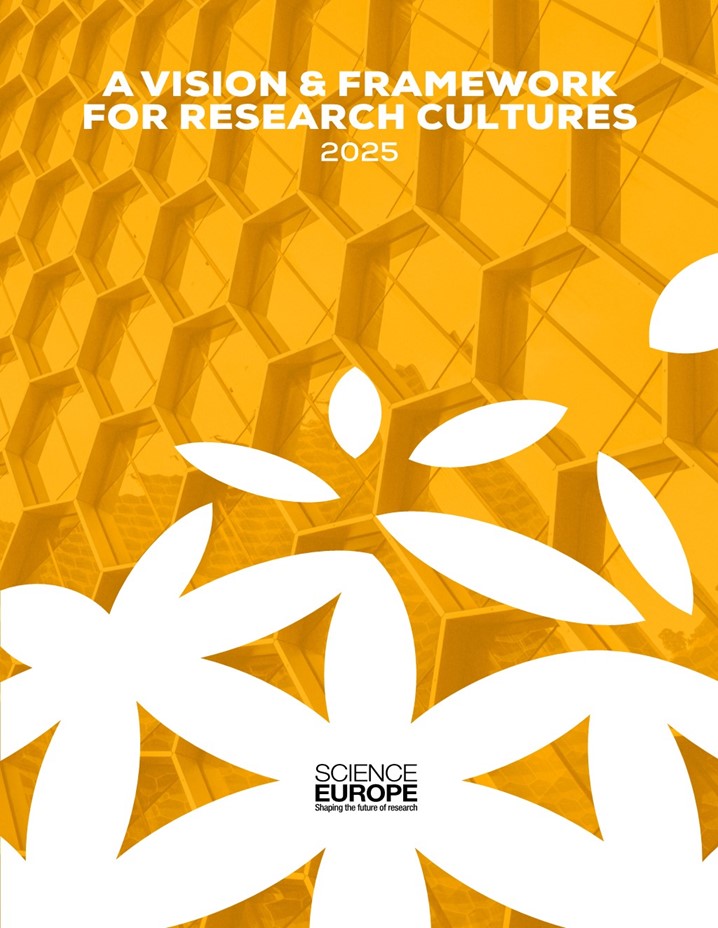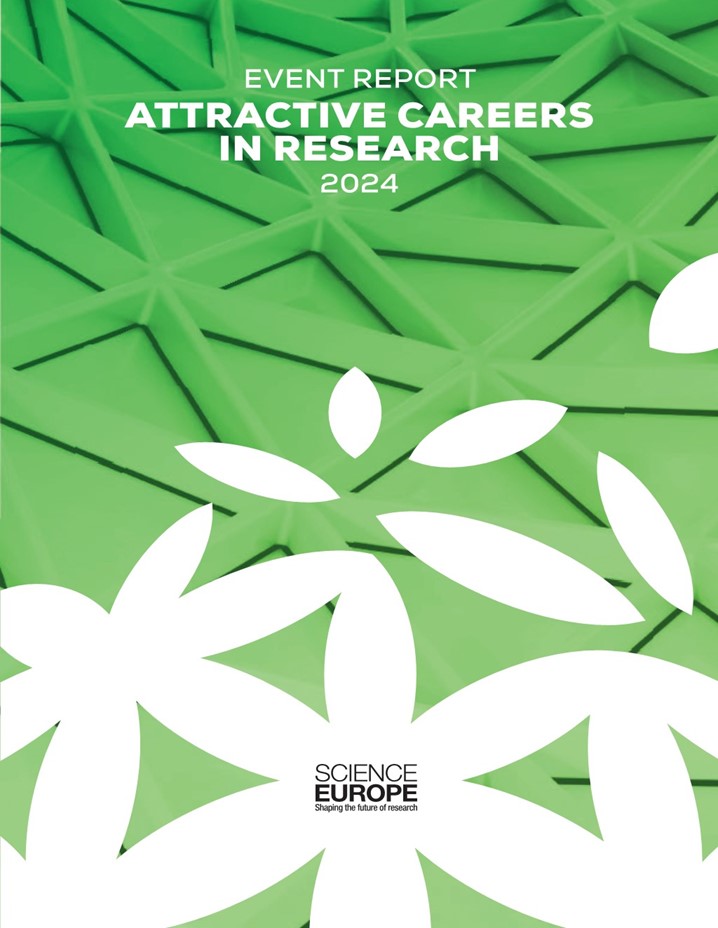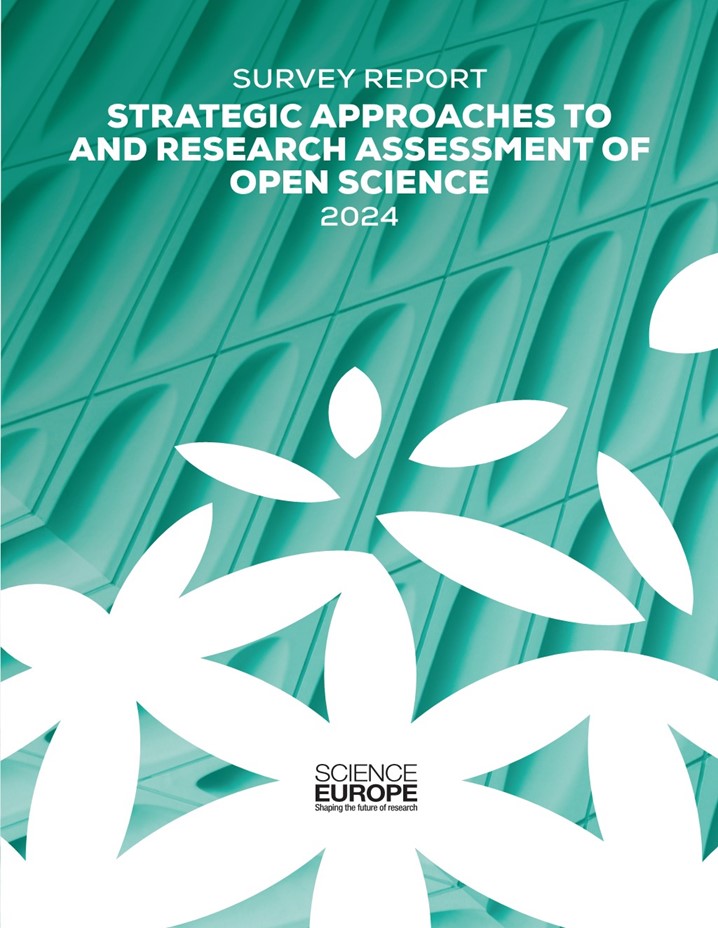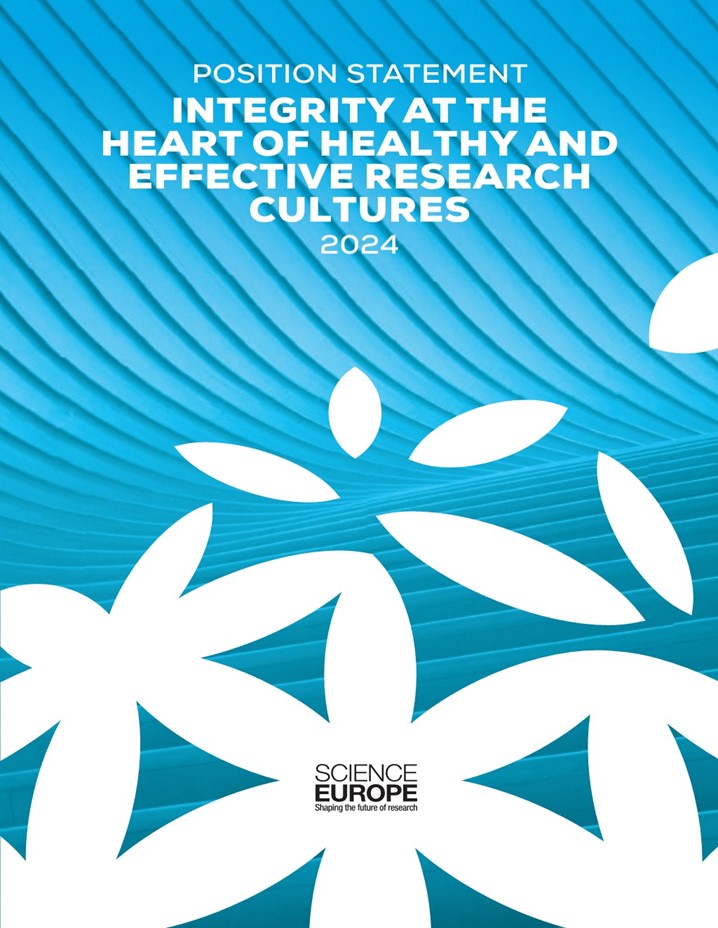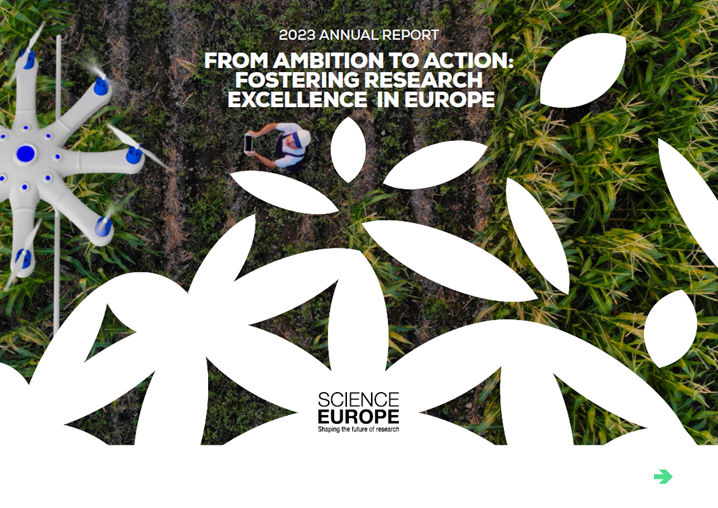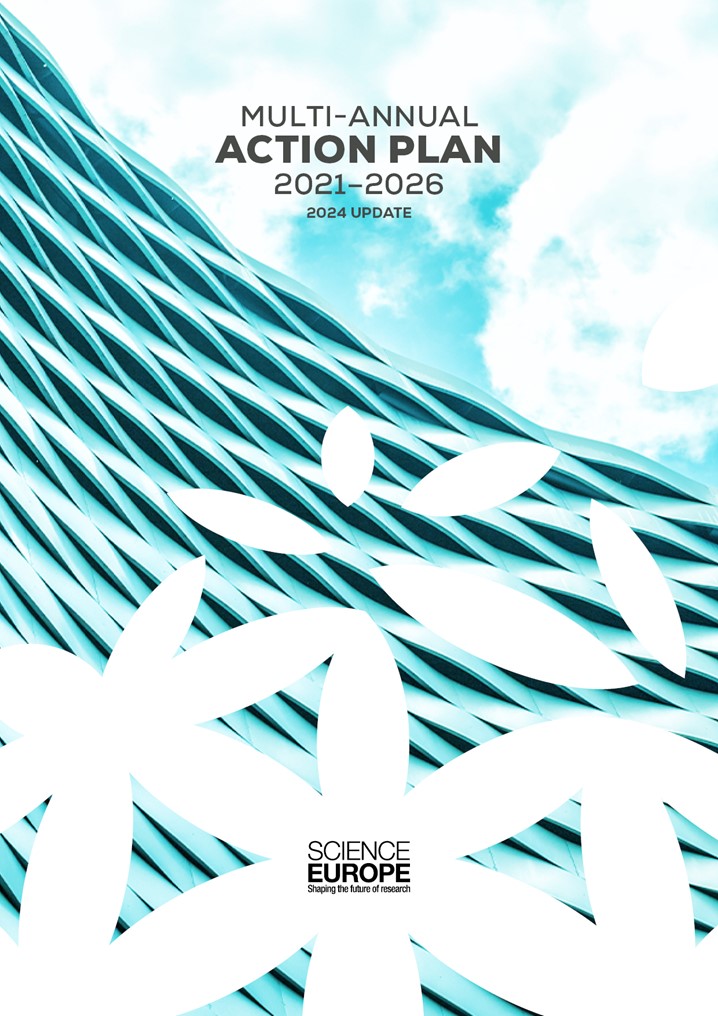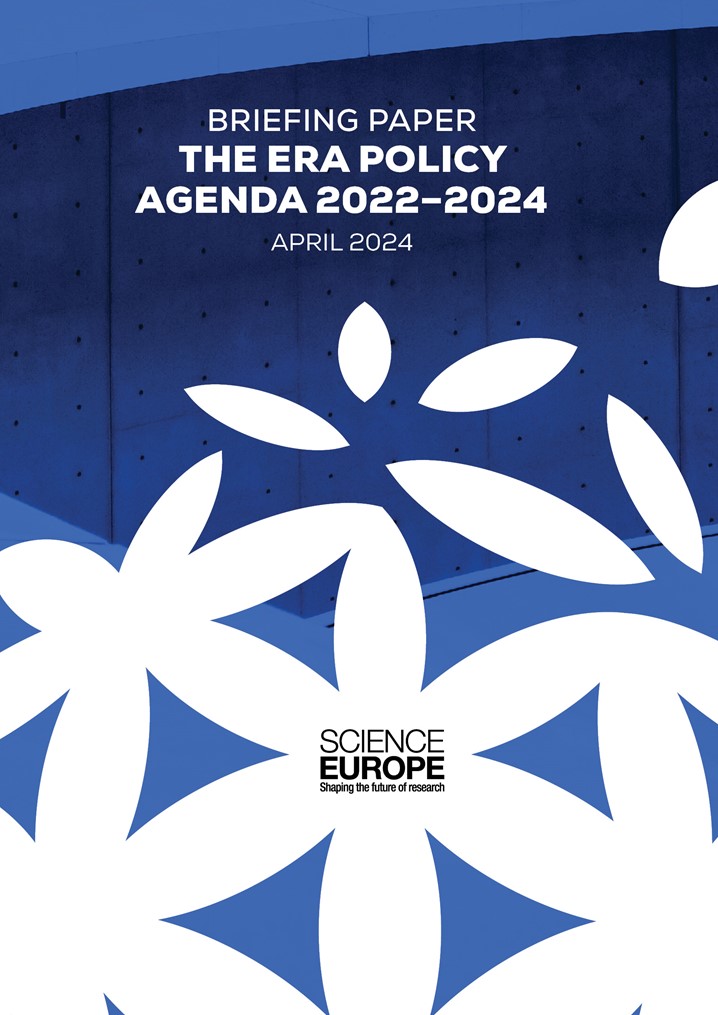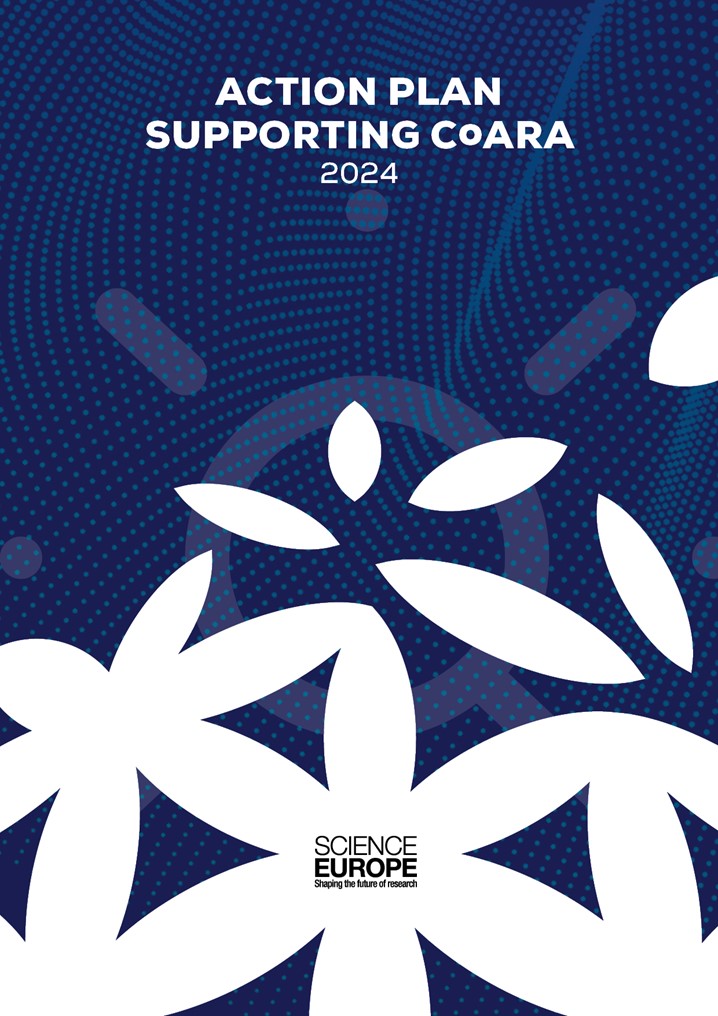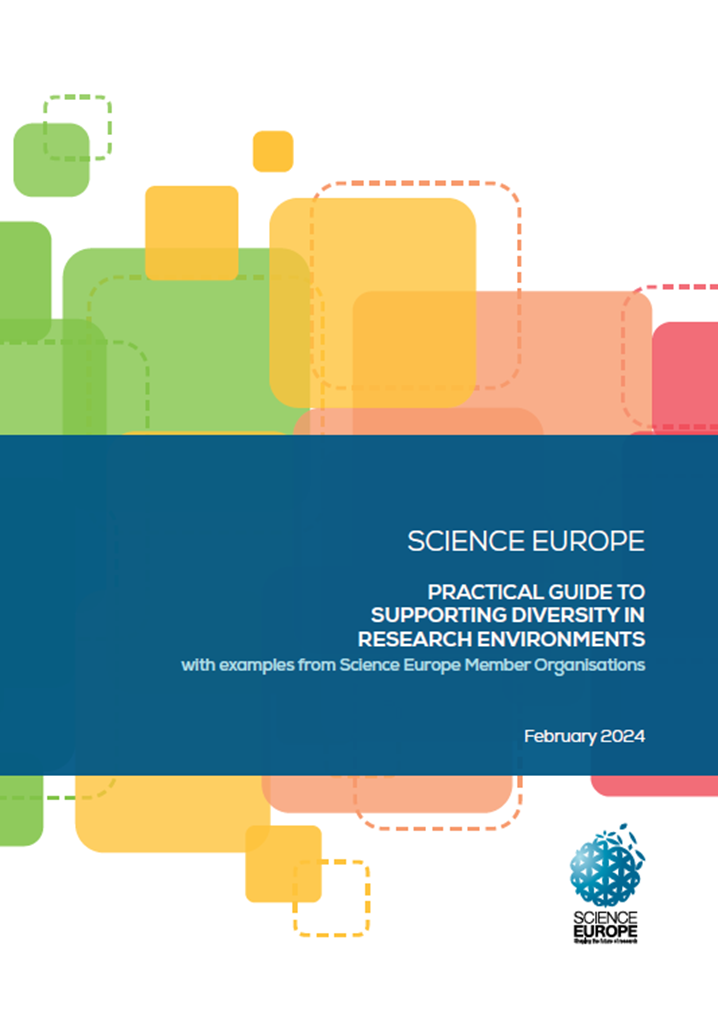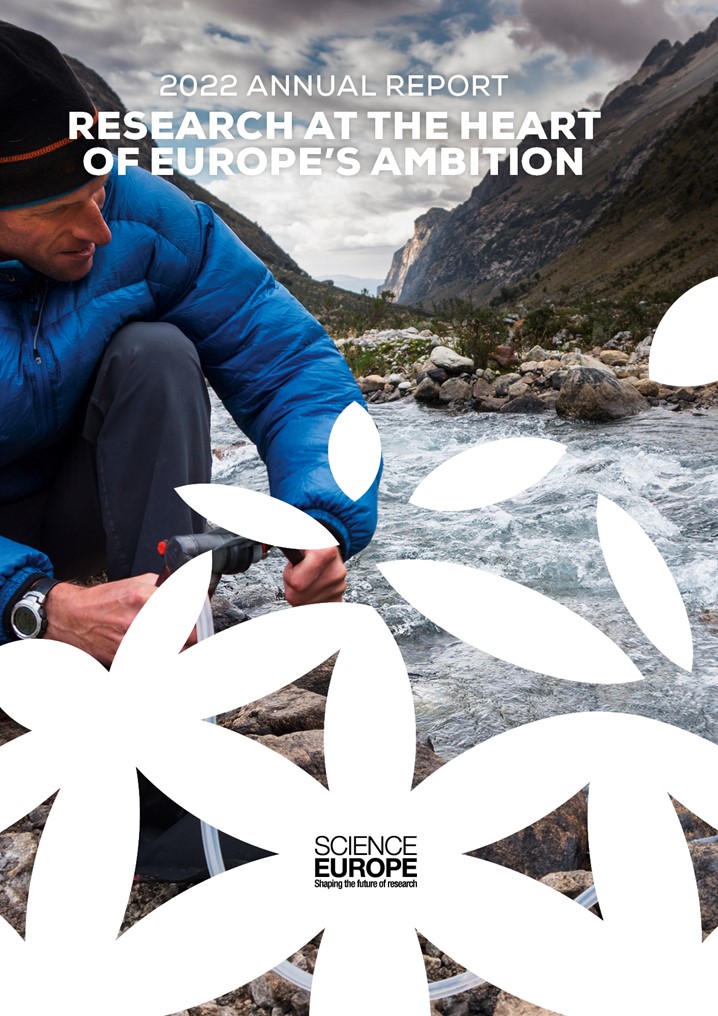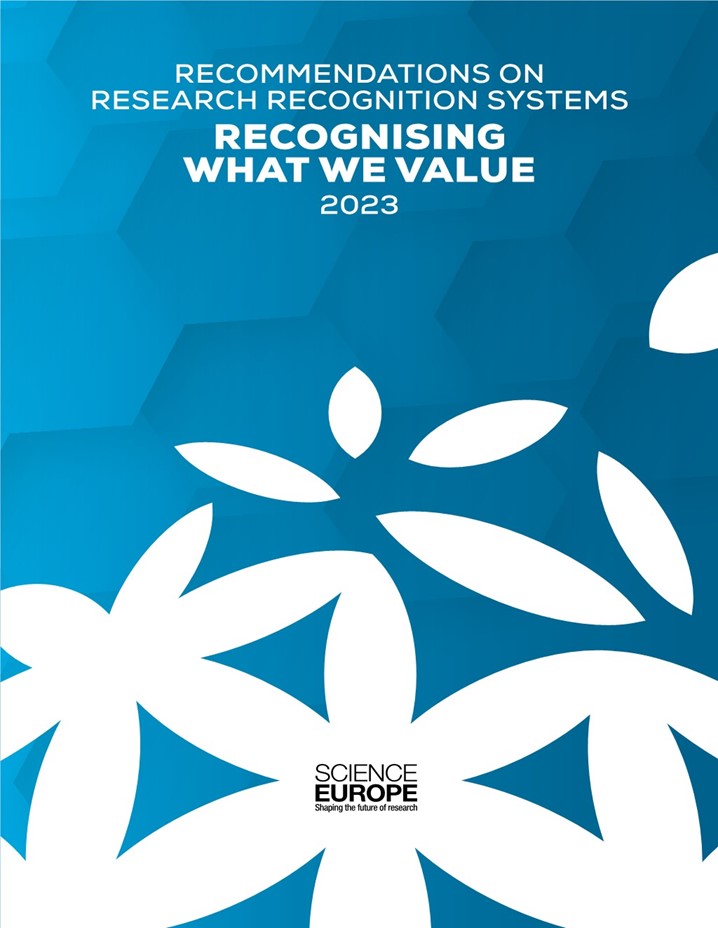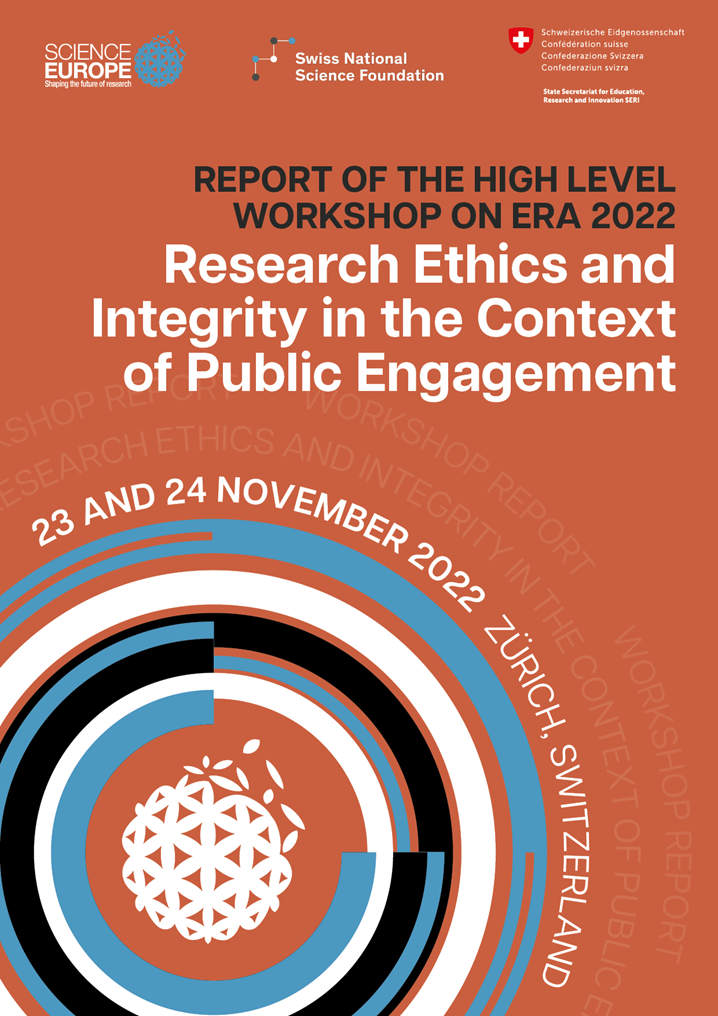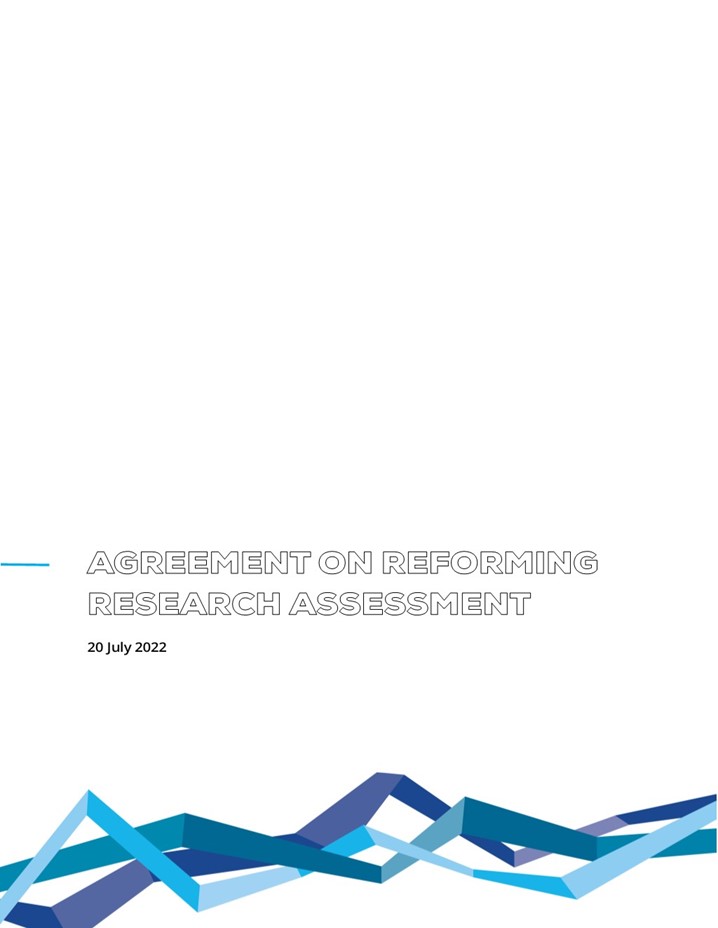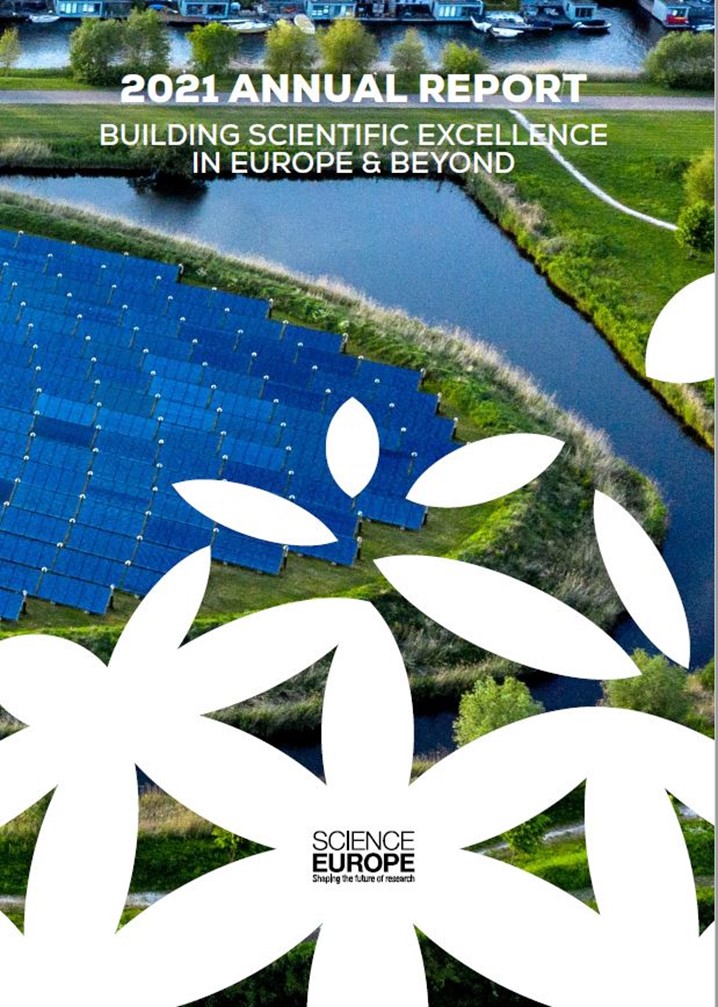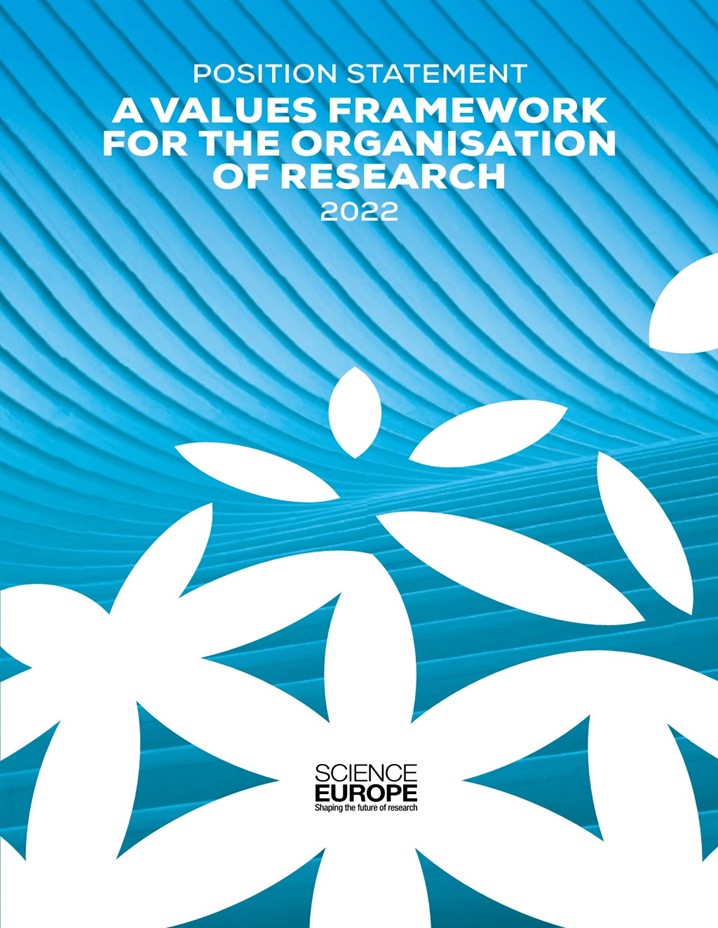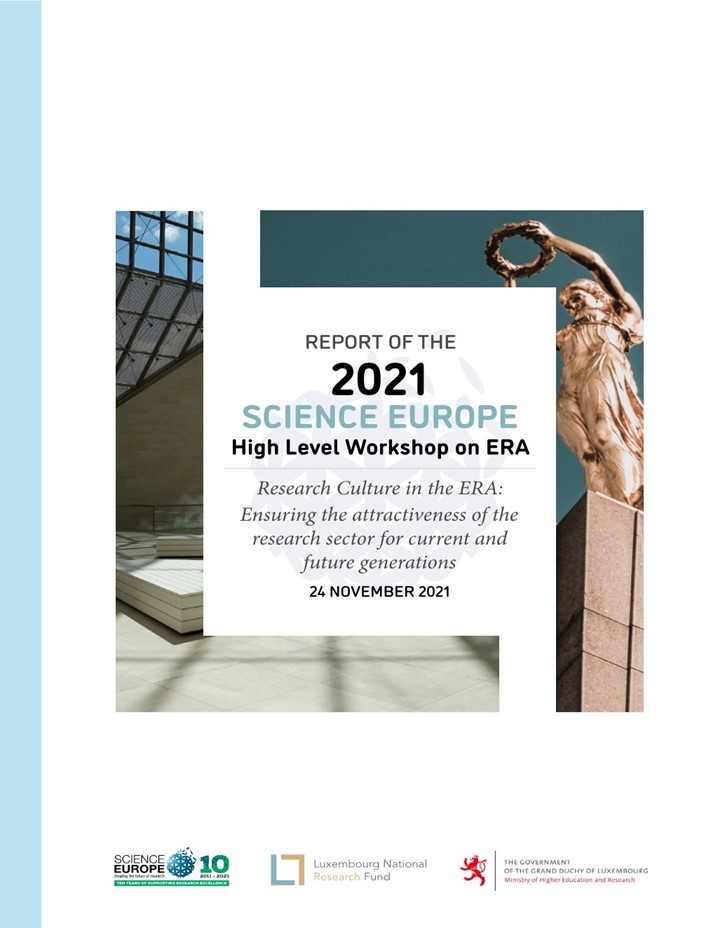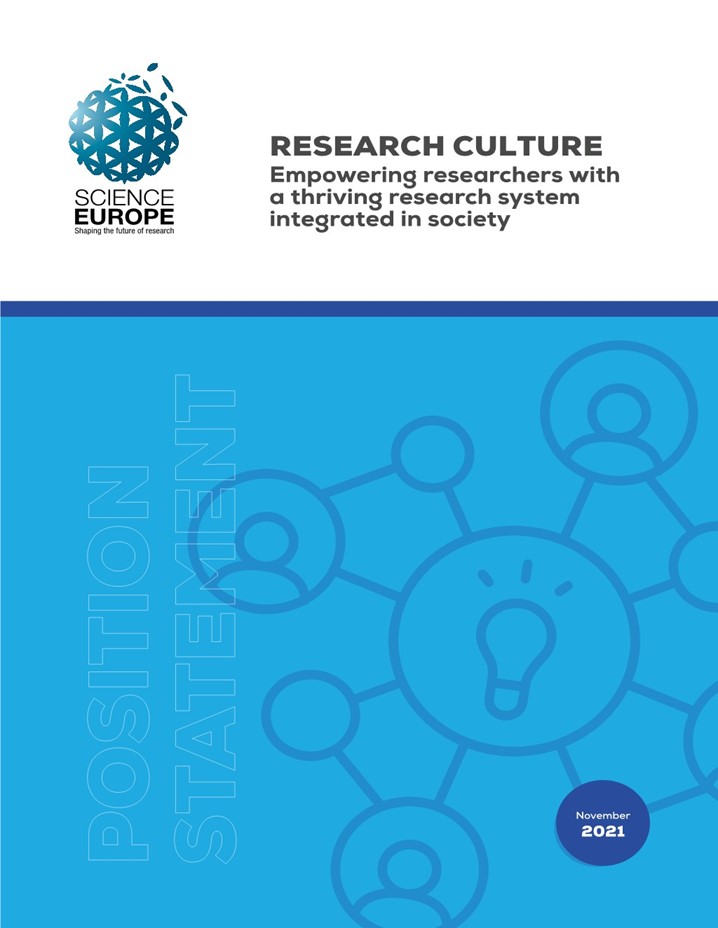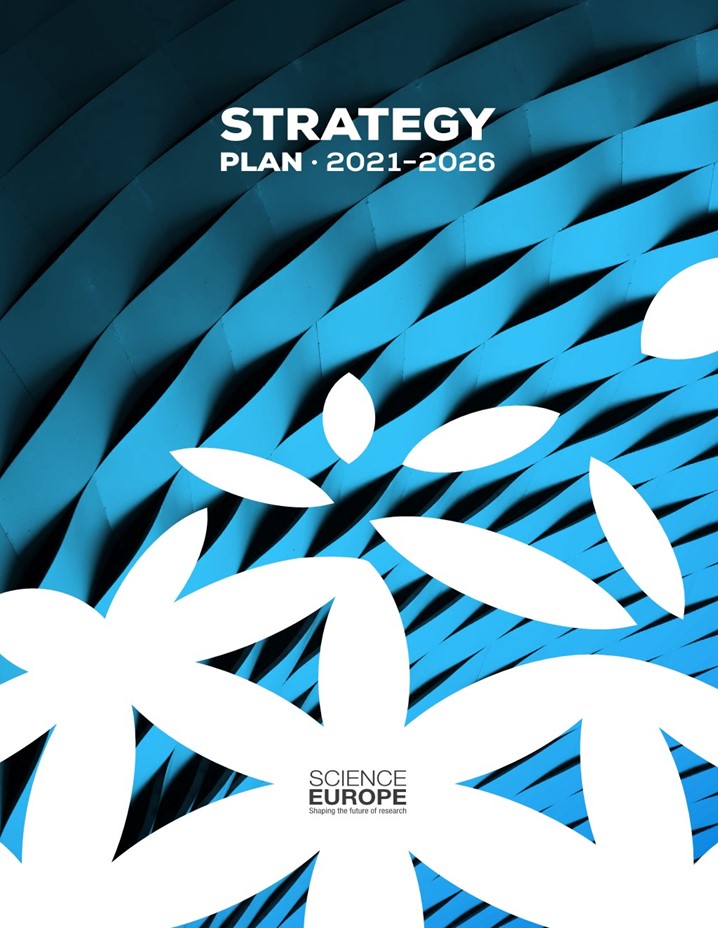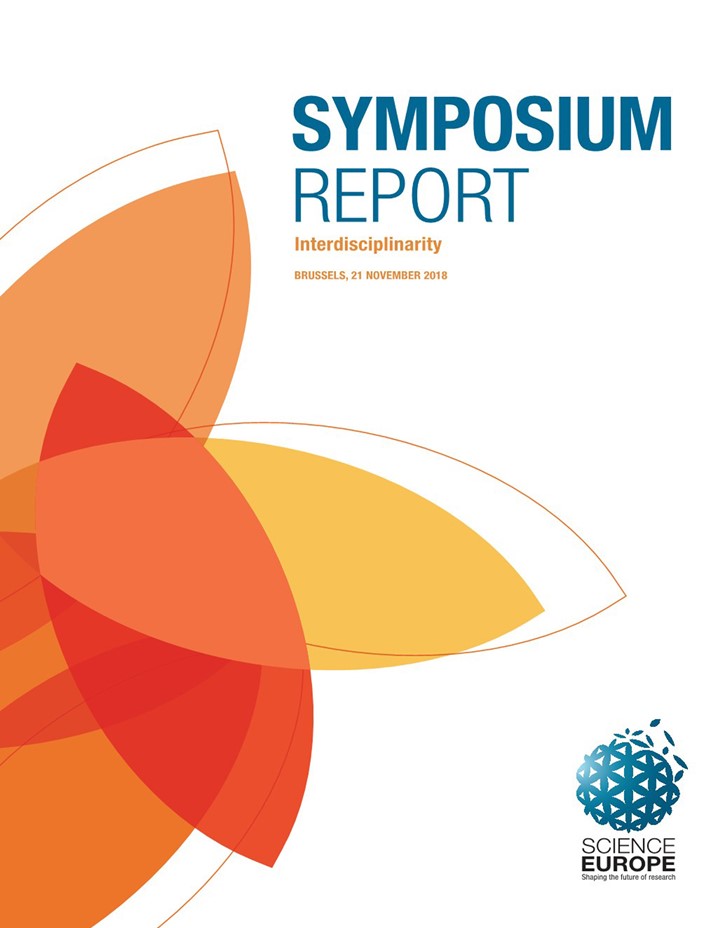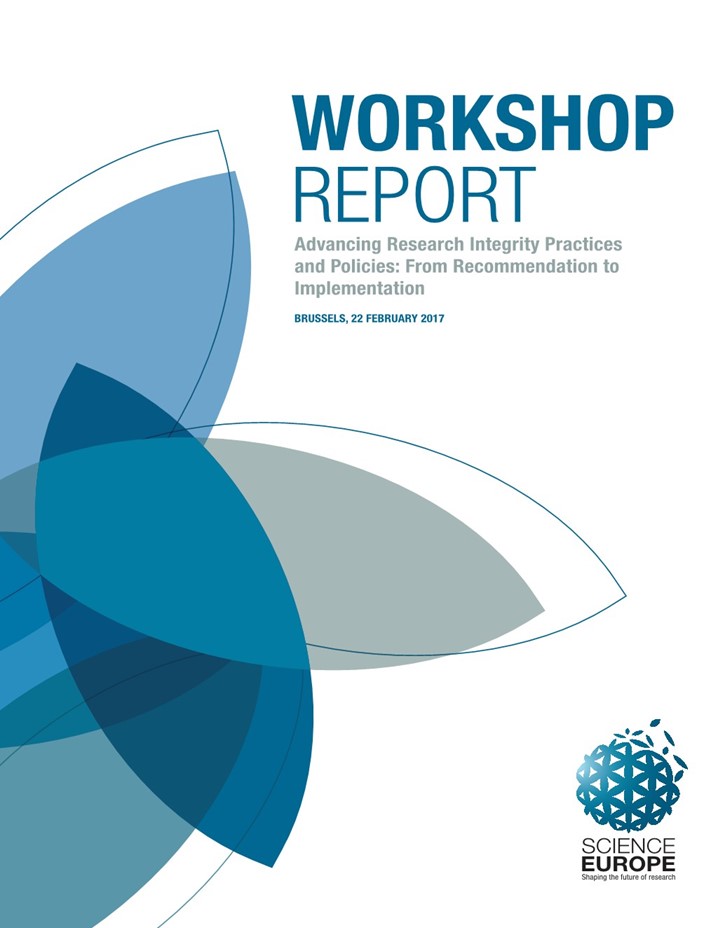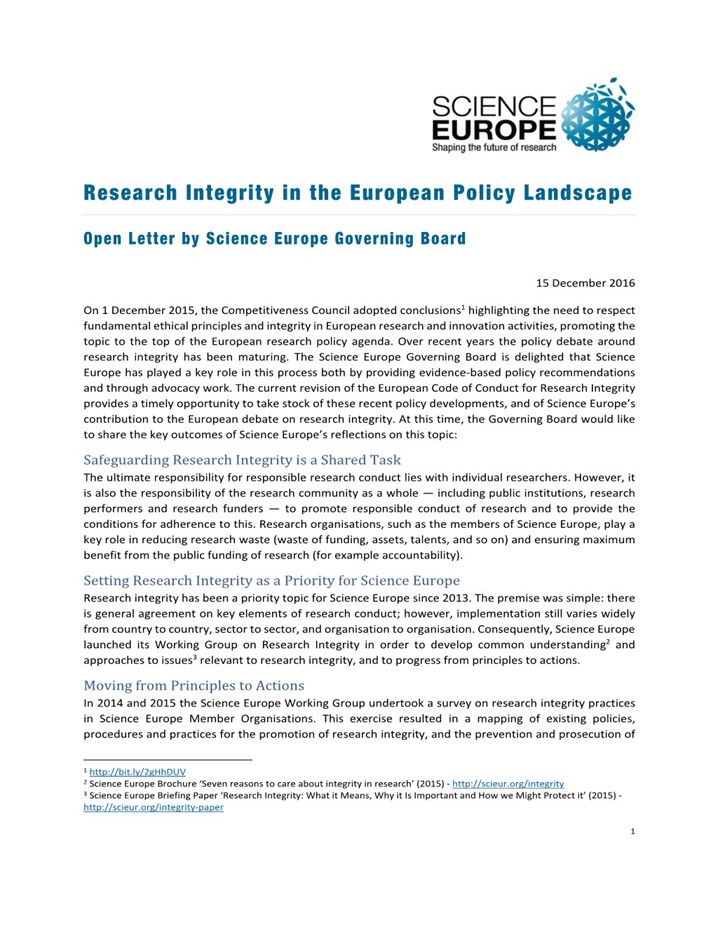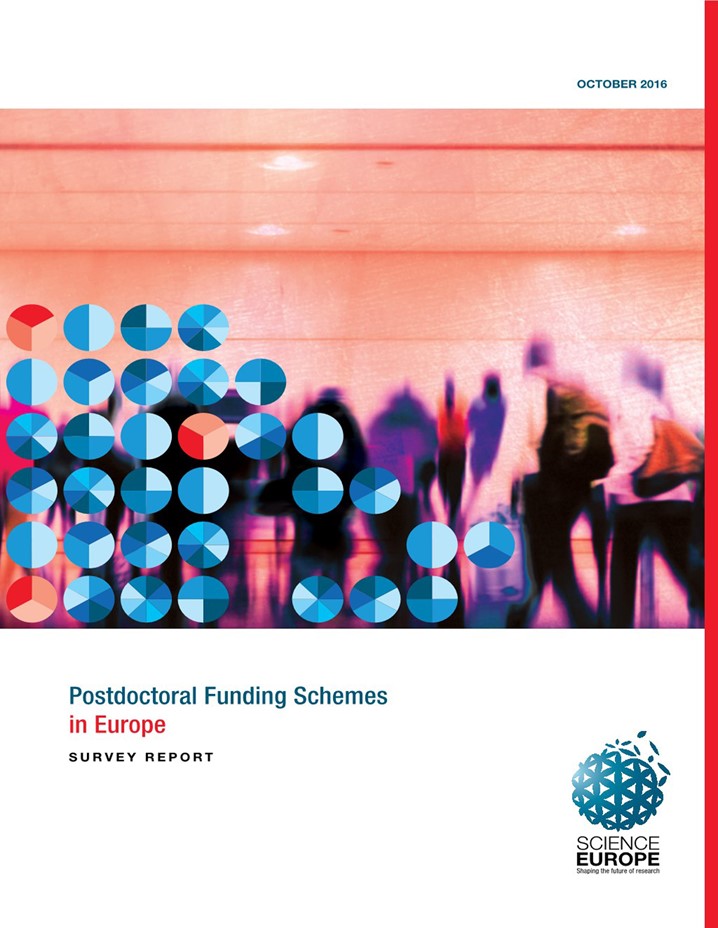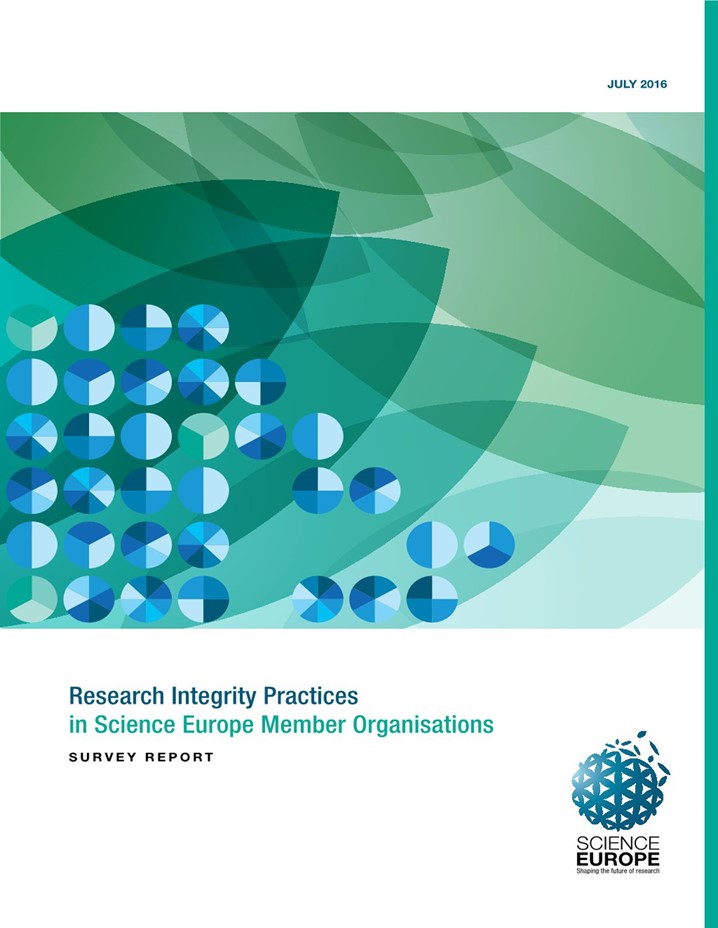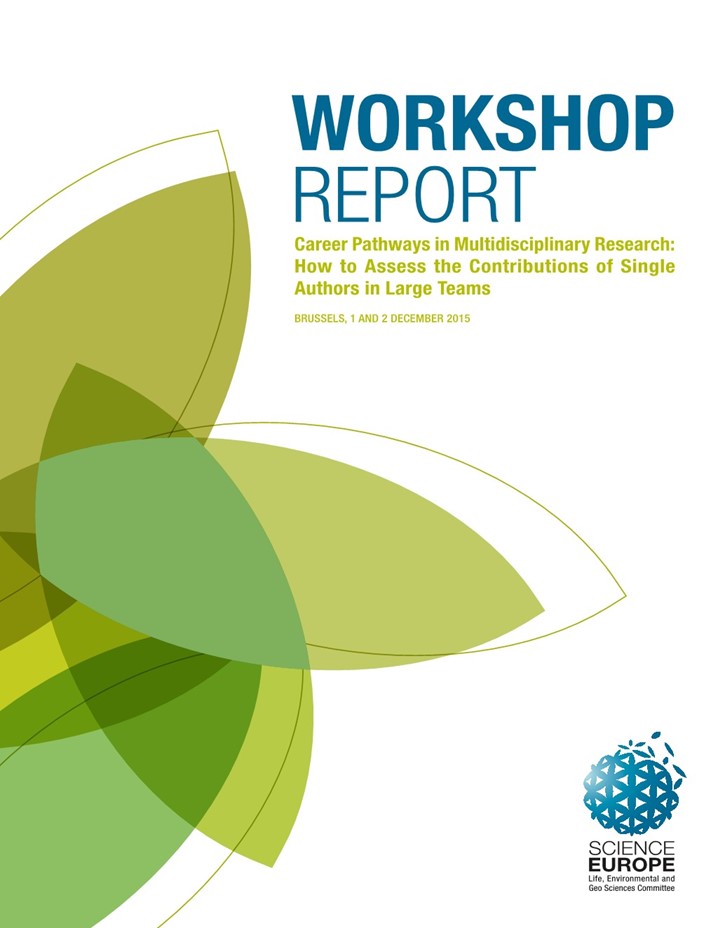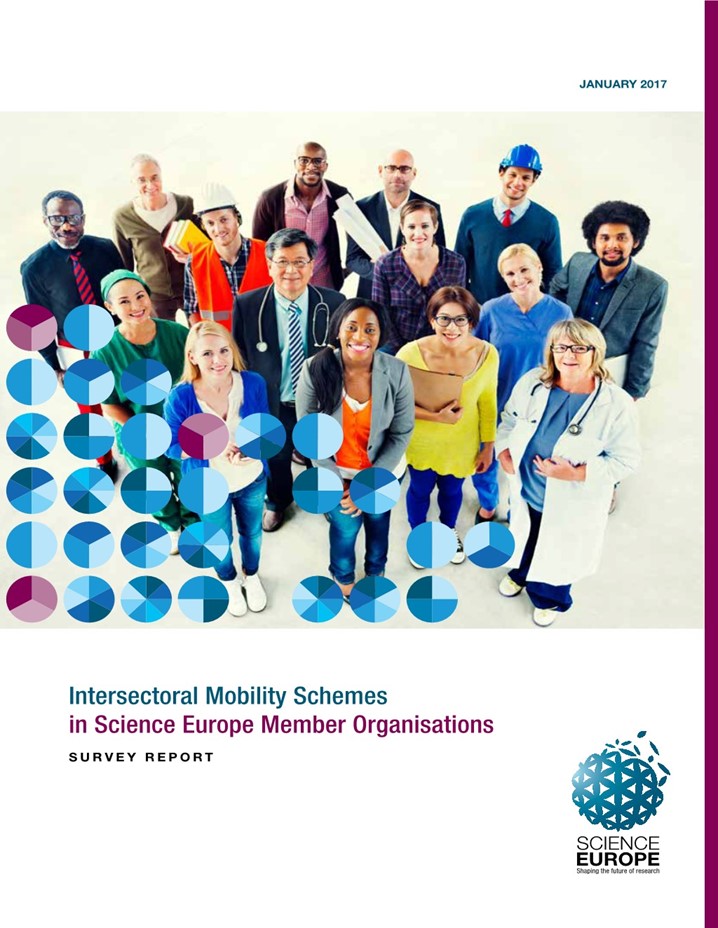Member-only content is available on this page. Please log in to view this content.

Our resources
Discover Science Europe’s comprehensive library of resources, including the most recent publications, briefings, and position statements.
32 resource(s) found
A Vision & Framework for Research Cultures
Science Europe presents ‘A Vision and Framework for Research Cultures’. It synthesises our recent work across numerous policy topics focussing them on the shared objective of R&I systems to advance knowledge and enable the quality and impact of research.
Attractive Careers in Research: the Expectations & Roles of Different Stakeholder Groups
This report summarises the key messages and perspectives collected during a two-part workshop exploring the common and different expectations for careers in research by various stakeholder groups.
Survey Report Strategic Approaches to, and Research Assessment of, Open Science
This report analyses the role of public research funding and performing organisations in Europe in the shifting landscape of open science and research assessment reform. The findings demonstrate how Science Europe's Member Organisations actively shape and contribute to these developments.
Integrity at the Heart of Healthy and Effective Research Cultures
Research integrity is a cornerstone of robust and reliable research systems, and is linked to healthy research cultures, attractive working environments, and the collective goal to support high-quality research. This statements reaffirms its importance and offers recommendations to research organisations for further action.
From Ambition To Action: Fostering Research Excellence In Europe - 2023 Annual Report
2023 proved to be another landmark year for Science Europe: building on the achievements of the previous year and setting the direction for new approaches in vital areas of research policy.
Multi-annual Action Plan 2021-2026
This Multi-annual Action Plan proposes a series of framework actions to guide the implementation of the Science Europe Strategy Plan 2021–2026 in line with the association's updated vision, mission, values, and strategic priorities. The Action Plan was updated in June 2024.
Briefing on the ERA Policy Agenda
This briefing on the ERA Policy Agenda presents actions and advocacy points from Science Europe on the ERA Actions that it contributes to.
Action Plan Supporting CoARA
This action plan details the activities Science Europe undertakes to contribute to the Coalition for Advancing Research Assessment (CoARA) in the coming years.
Practical Guide to Supporting Diversity in Research Environments
Science Europe’s new ‘Practical Guide to Supporting Diversity in Research Environments’ highlights key findings from a membership survey conducted in 2023, showcases good practices, and provides practical recommendations across topics such as positive action measures and the collection and use of diversity data.
Research at the Heart of Europe’s Ambition – 2022 Annual Report
In 2022, Science Europe made significant contributions in various areas, including research culture, research assessment, open science, EU framework programmes, the green and digital transition, and science communication.
Recognising What We Value: Recommendations on Recognition Systems
Researchers, research services, and other community members at Research Funding and Performing Organisations play a key role in establishing recognition systems through the research assessment processes that they implement. These recognition systems strongly contribute to determining what is understood as research quality and excellence. Based on the Science Europe Values Framework (published in July 2022), this paper provides practical recommendations and good practice examples detailing how research organisations can continuously improve the way they assess research and researchers. The recommendations help to embed our shared values and contribute to the evolution of research cultures in Europe.
Report of the 2022 High Level Workshop on ERA: Research Ethics and Integrity in the Context of Public Engagement
The 2022 High Level Workshop on the ERA dealt with the topic of research ethics and integrity when engaging with various public audiences.
Agreement on Reforming Research Assessment
This Agreement sets a shared direction for changes in assessment practices for research, researchers, and research performing organisations, with the goal to maximise the quality and impact of research. It includes principles, commitments, and timeframes for reforms and lays out principles for a Coalition of organisations willing to work together in implementing the changes.
Science Europe 2021 Annual Report
For Science Europe, 2021 was a very important year: the association celebrated its 10th year of existence. Founded in 2011, it has grown into a respected and influential voice in the European research policy debate. Moreover, we published a new Strategy Plan for 2021–2026, which maps our collective objectives and sets a specific yet flexible action framework over the next five years.
A Values Framework for the Organisation of Research
Science Europe launches a framework of shared values that serve as a guide to contribute to fostering a forward-looking research culture within the European Research Area, and globally.
Report of the 2021 High Level Workshop on ERA: Research Culture in the ERA
The 2021 High Level Workshop on the European Research Area dealt with the topic of research culture and how to keep the research sector attractive for current and future generations of researchers.
Statement on Research Culture - Empowering Researchers with a Thriving Research System
The new statement on Research Culture envisages an ERA that focusses on the quality of research and its processes, supports scientific freedom, and promotes social diversity and inclusion, acknowledging that these conditions will, in turn, foster a productive research system.
Science Europe Strategy Plan 2021-2026
The Science Europe Strategy Plan comes at a crucial time for European Research an Innovation (R&I) and includes an updated vision, mission, values, and set of strategic priorities for the association. It supports its Member Organisation in their mission to create world-class scientific knowledge, delivering more benefit for our societies.
Science Europe Symposium on Interdisciplinarity
Interdisciplinarity is increasingly used to tackle complex scientific questions and address large societal challenges. At the same time, the evaluation of interdisciplinary research proposals poses a set of problems, ranging from missing common standards and criteria to shortages of peer reviewers with experience in evaluating interdisciplinary research. At its third Symposium, Science Europe and its Scientific Advisory Committee brought together researchers and other experts experienced in interdisciplinarity with high-level representatives from Science Europe’s Member Organisations, who fund and perform such research.
Advancing Research Integrity Practices and Policies: From Recommendation to Implementation
This workshop aimed to advance implementation of the recommendations published in Science Europe’s Survey Report ‘Research Integrity Practices in Science Europe Member Organisations.’ The workshop explored the challenges in taking forward certain recommendations through the discussion of case studies presented by organisations that have already tackled some of the more difficult issues.
Open Letter from the Governing Board of Science Europe on Research Integrity in the European Policy Landscape
Safeguarding research integrity is a shared task. This is the core message of the Science Europe Governing Board in its Open Letter which is a contribution to the revision of the European Code of Conduct for Research Integrity. It provides the opportunity to take stock of the recent policy developments and of Science Europe’s contribution to the European debate on research integrity.
Postdoctoral Funding Schemes in Europe
The postdoctoral period is a critical phase in a researcher´s career: it is when (s)he chooses whether to pursue a scientific career, and succeeds in achieving that goal, or not. Science Europe has carried out a mapping of support opportunities for postdoctoral researchers, or ‘postdocs’, to improve understanding of what funders do to support researchers’ careers after the completion of their PhD, and to learn whether existing funding schemes can be improved in terms of career support.
Research Integrity Practices in Science Europe Member Organisations
Research integrity is at the core of the research endeavour. It is the basis for researchers’ trust in each other and in the research record and, equally importantly, society’s trust in research. This report maps existing policies, procedures, and practices for promoting research integrity and builds upon this to make a number of key recommendations for improving research integrity including processes and policies, awareness raising, training, and collaboration.
Career Pathways in Multidisciplinary Research: How to Assess the Contributions of Individual Members of Large Teams
Scientific research increasingly relies on large collaborative, multi-disciplinary, and interdisciplinary research teams – often working across borders and across sectors – to address big societal questions. This report considers how research organisations can best support collaborative, multi-disciplinary, and interdisciplinary research teams. It also considers how can they allocate appropriate credit for research input and better evaluate multidisciplinary research.
Intersectoral Mobility Schemes in Science Europe Member Organisations
Intersectoral mobility of researchers is gaining political momentum in Europe, with more interest in bringing in the competences that characterise researchers into public, private, and not-for-profit sectors. This survey report looks at the diversity of measures that are in place within Science Europe Member Organisations to enable researchers to be more mobile across different sectors of employment

